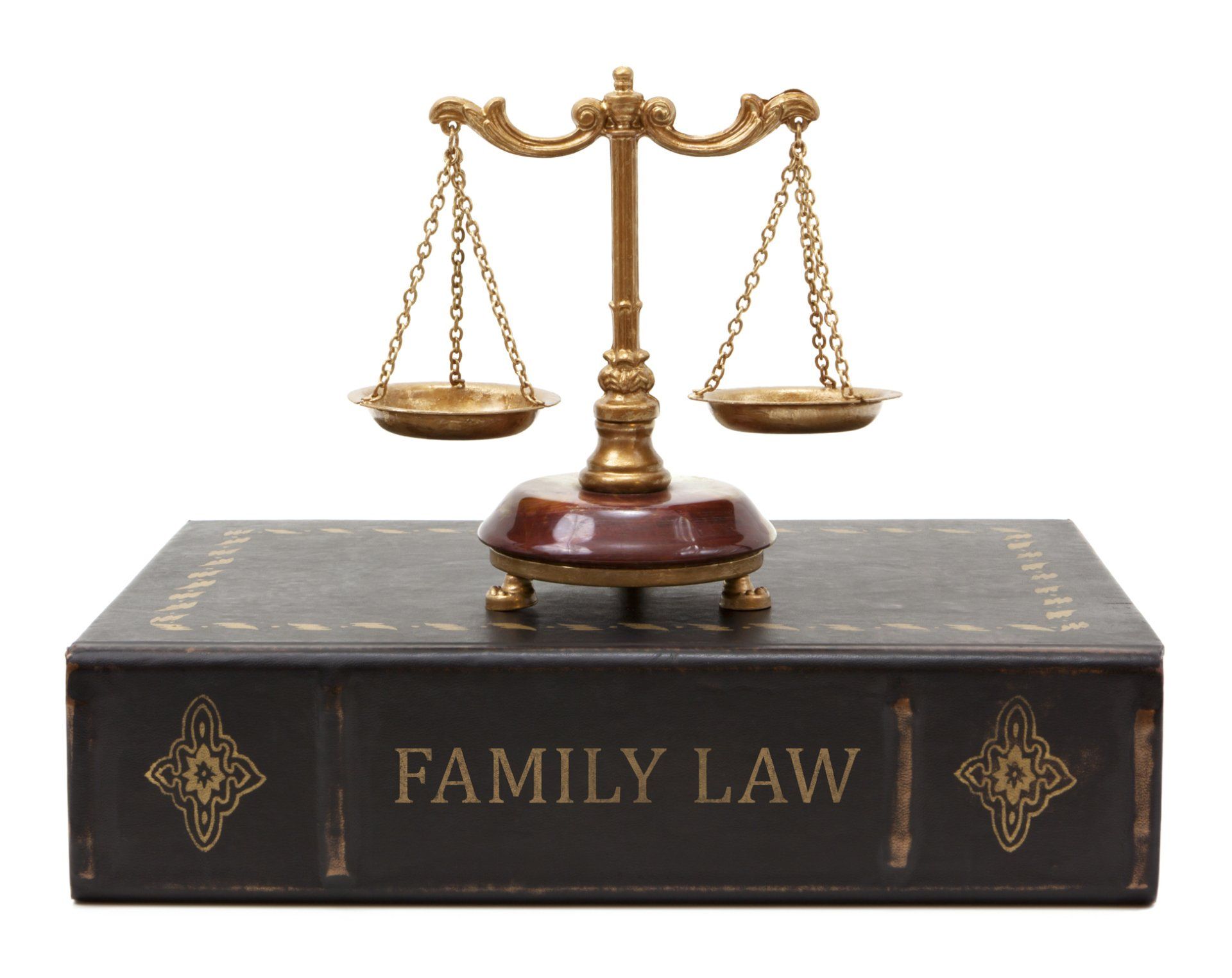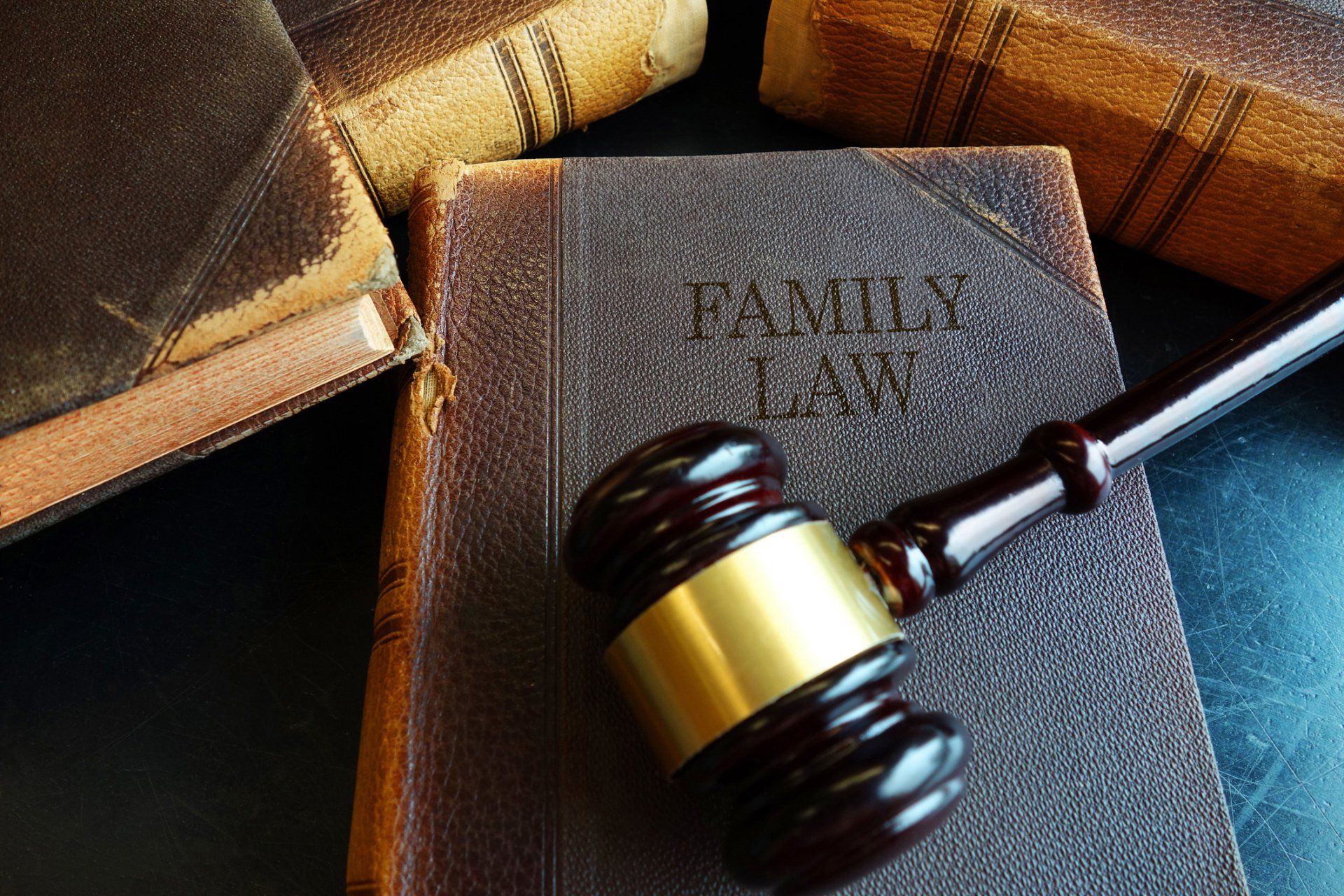How to Get Ready for Your First Visit with a Family Law Attorney
How to Get Ready for Your First Visit with a
Family Law Attorney
For many people, consulting with a divorce or child custody lawyer marks the first time in their lives they meet with an attorney about anything. The circumstances that brought them there are probably already upsetting. Having to figure out what to do before they meet with their advocate can add tension to an already stressful situation. The good news is that by knowing how to get ready for your first meeting with a family attorney, you can help prepare for your case and avoid unnecessary worry.
Initial Consultations
Often, your first visit with a family law attorney will be an initial consultation during which you will be asked questions about your circumstances. The lawyer will explain your options, answer questions, and describe the services they provide and their fee schedule. Some lawyers will offer a free, brief consultation, and others may charge a fee or hourly rate to meet with you longer and have a more in-depth discussion. If you need more time to talk about your case, you may want to opt for a more extensive consultation.
The initial consultation is an opportunity for you to tell the lawyer what is going on and ask questions so you can consider what you would like to do next. The more you know about what you want to gain from the meeting, the better you will be able to focus your inquiries. If your goal is to learn more about the process, you may want to ask open-ended questions. You may also be there looking to hire an advocate for your case. In that case, you may have more case-specific questions for the lawyer. Having an idea up front of the information you would like to obtain during the appointment will be helpful during your visit.
Bringing Requested Documents
The office may ask that you bring certain documents with you to the appointment, such as any court records, recent financial reports, relevant emails, and text screenshots. While having this information ready for your initial meeting can help the attorney gain insight into your case, it's not mandatory. If you don't have this paperwork available, it should not prevent the lawyer from reviewing issues and answering your questions during an initial consultation. However, those looking to have an extended meeting would benefit from bringing requested documents so they can get insight and advice that is specific to their circumstances.
You May Hear Questions You Don’t Expect
As you explain your reasons for coming in, the attorney may stop and you and ask you questions about matters such as what county you live in, how long your children have resided in a particular city, if there are prior court orders, if you have been served with any documents, and other details. Although these questions may sound technical and impersonal, they are an essential part of the lawyer's assessment of local jurisdiction, the operative pleadings, and venue. It’s vital that your case is before the proper court and that you respond in a timely manner to legal filings. Rest assured that after the attorney gets through some of these preliminary questions, he or she is going to ask about the more pressing issues that you came in to discuss.
You Should Come with Questions Ready
When you meet with a family law attorney, you are consulting with an experienced professional with expertise in their field. Just as when you talk with a medical specialist, you want to come with your questions prepared before you meet. Family law cases can be emotional, and it's easy to lose track of your thoughts when relaying upsetting details to a lawyer. You want to have a list of the questions and issues that are important to you in case you forget to ask or mention something. The attorney will welcome your questions.
Attorney Joe Pozorski of Kaminski & Pozorski, located in Manitowoc, Wisconsin, has extensive family law experience and can help you evaluate your circumstances and determine your next steps. Come in, and let’s talk about your situation. Contact us today at 920-684-6694 for a free 30-minute consultation.







Contact Information
Phone: (920) 684-6694
Address: 846 North 8th Street Manitowoc, WI 54220
Other Address: P.O. Box 609
Manitowoc, WI 54221
Payment Options







Contact Information
Phone: (920) 684-6694
Address: 846 North 8th Street Manitowoc, WI 54220
Other Address: P.O. Box 609
Manitowoc, WI 54221
Payment Options









